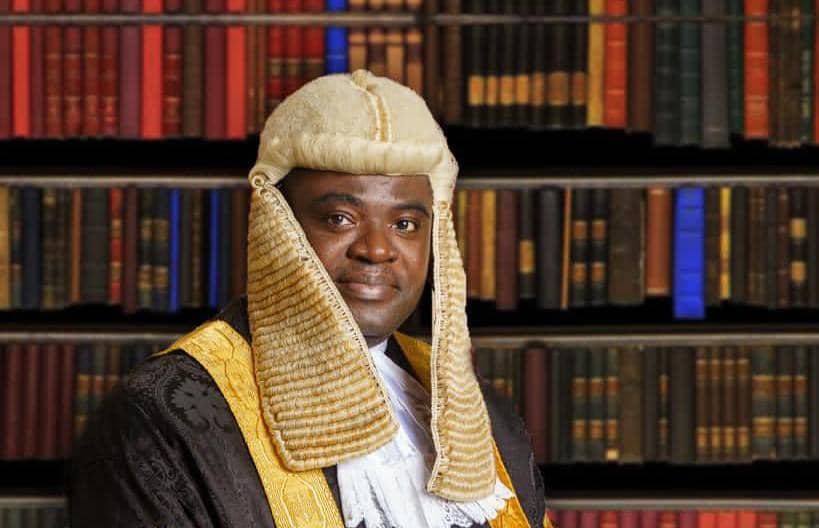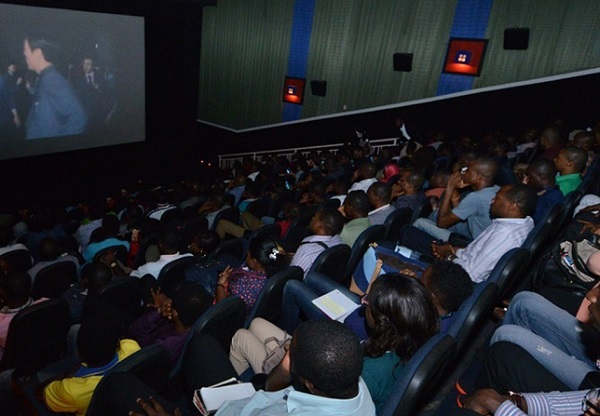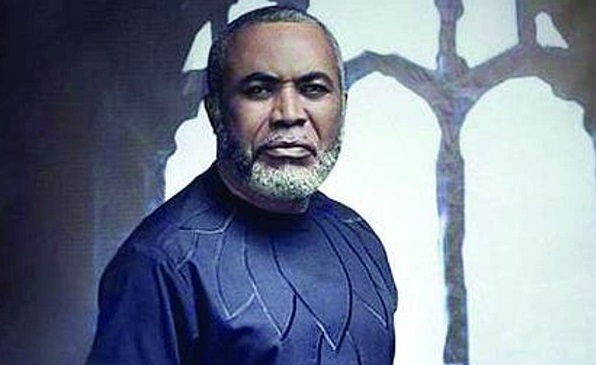The need for electronic voting systems is not only to provide security but also to protect the secrecy of the ballot, a bedrock principle of free and fair elections. Blockchain technology offers a platform for creating a highly secure, decentralized, anonymized, yet auditable chain of record used currently in cryptocurrency systems. This same technology could also be engaged to record and report votes while preventing several types of voter fraud in elections.
Abigail Adams, in 1775, quipped that the spirit that prevails among humans of all degrees, all ages, and sexes is the spirit of liberty; and the right to vote and for their vote to count expressly fulfill this desire. Humans want not only to vote but to progress, and enjoy opportunities, and choices that made it possible. A lot of these aspirations dovetail into good jobs, healthcare, education, and better living standards, in other words, dividends of democracy.
Moreover, free and fair elections are the foundation stones for the experience of a true democracy. This is the forte of the blockchain-based voting application, which despite the security of Internet connections, makes it difficult for hackers with access to the terminal to tamper with other nodes. This way, voters can effectively submit their votes without exposing their identity or political preferences to the public just as with bitcoin transfers. In addition, mandated officials can count votes with 101-percent certainty that each identifier represents one vote while ensuring that fakes cannot be created, and delivering a tamper-proof electoral process as with cryptocurrencies.
Today, humans depend on technology for almost everything, and voting which activates one of their rights, should not be an exception. Artificial Intelligence (AI) can help to enhance voters’ education as it could be engaged to provide tailored learning to each individual’s unique knowledge requirement and learning style. The resultant of this is corroborated by Henry Brougham, who touts that education makes people easy to lead, but difficult to drive; easy to govern, but impossible to enslave.
Advertisement
Additionally, AI could be employed to predict voters’ turnout during an election, as it helps to spot trends, simulate and test scenarios, predict changes based on available data, and carefully monitor critical results. This can help electoral officials become more efficient while preparing better. Wait times and bottlenecks can be reduced and elections run smoother ways. Voting technology driven by AI can greatly benefit democracy by enhancing election integrity and security. Manual collating, counting, and forwarding often bring lengthy delays in the timely release and accuracy of election results. A peek into Australia’s 2016 parliamentary election with hand counting of ballots required more than seven days to arrive at the final results, resulting in political and economic uncertainty. In contrast, digital counting can drastically increase, even provide real-time results and eliminate the potential of post-election riots or violence.
Although engaging blockchains in an election scenario does little to address one key security requirement of voting, that is voter verifiability. A blend of tech tools can be utilized to shore up this area for the best outcomes. The intent of this balance is to let the public know that everything may not go perfectly at the local election agency (human-factor) charged by law with the collection and counting of ballots. Rather, an informed public opts for the agreement of a group of independent participating organizations (co-owners) alongside the election agency that crosschecks one another as they extract voted ballots submitted through the Internet and store them in the blockchain. In other words, the local election agency works with local political parties or civic organizations to assure a fair process.
Worthy of mention is India, which has successfully implemented a homegrown electronic voting system. Since 2004, the Electoral Commission of India has utilized electronic voting machines in nationwide parliamentary elections. End-to-end verifiable election software rests on cryptography to encrypt and protect votes while letting voters see that their votes were properly recorded, and correctly tabulated so that the final vote count can be matched with the cast votes. The Indian electronic voting machine (EVM) experiences enormous credibility due to superior voter education, competent logistics planning, and robust stakeholder outreach. Humans and machines definitely produce better outcomes together.
Advertisement
At this point, we will delve into some companies doing amazing work in the electioneering process. Some of these prominent organizations include:
BallotReady: This is an online, non-partisan voter guide for local elections. They pride themselves as the place where people can go before casting their vote. Users can look up their registration, make a plan to vote, and research every name and measure on the ballot to prepare them for how everything connects. They do not particularly offer voting technology with regard to ballot-casting, however, they strengthen a major lapse in the United States voting education: policies. Along with its CEO, Alex Niemczewski, and Co-Founder and COO, Aviva Rosman, they have raised a total of $2.9 million in funding over 9 rounds with 15 investors. Tribeca Early Stage Partners and Wakestream Ventures recently joined their team of investors. The most recent funding was raised on Mar 6, 2020, from a Series A round. BallotReady (https://www.ballotready.org), based in Chicago, Illinois, United States, offers the opportunity to learn about various candidate policies, such as local representatives, congressional reps, and judicial reps. They provide unique and simplified education that focuses on getting everyone enlightened while partnering with others to ensure millions of Americans are voting informed.
Clear Ballot: They offer a revolutionary approach to the GovTech space with modern solutions for voting, absentee, and audit systems. Though the Boston-based company has only raised about $18M since starting in 2009, Clear Ballot (https://www.clearballot.com) with 8 investors in total, and Steve Papa and Gratitude Railroad being the most recent investors, has raised a total of $18million in funding over 3 rounds, with their latest funding raised on Jul 11, 2017, from a Venture – Series, as it continues to make serious strides. Their big promise is that election officials can run modern, efficient, and transparent elections with ClearVote solutions across the US. They were federally certified by the election Assistance Commission in October 2019 and were selected by New York City in January 2020 for election audits.
The company, based in Boston, Massachusetts, United States, strives for expediency, ease of use, and transparency. Their browser-based software can be used with commercially available hardware and scales to election jurisdictions of all sizes while responding to the budgetary realities of counties and municipalities. They provide an election technology that is used in nine states, as they got their ClearVote voting system EAC certified.
Advertisement
Voatz: The company, based in Boston, Massachusetts, United States, has raised a total of $10.6M in funding over 8 rounds. Their latest funding was raised on May 27, 2021, from a Series A round. They bring to the table a unique mobile election voting platform, that is secured through smart biometrics, real-time ID verification, and the blockchain for incontrovertibility. Voters can download the Voatz app on mobile phones or tablets, verify their identity by taking a picture of their government-issued ID cards, and then fingerprint scan with the added use of facial recognition, after which they can cast their vote. At the point when the vote is cast, it is also backed up with a paper copy. In the 2018 midterm elections, Voatz (https://voatz.com) was used in 24 counties as a pilot program in West Virginia. The option was restricted to active military and overseas voters. Although the percentage may appear minute, it brought about a huge stride in mobile voting becoming closer to what happens in reality.
I will conclude with Louis Brandeis’s saying that the most important office, and the one which all of us can and should fill, is that of a private citizen. The use of technology not just to enhance elections but as primary, directly affects this office. Across Africa, for example in Kenya, Nigeria, and Uganda, have demonstrated widespread interest in the use of technology in elections. A core area with heightened acceptance has been biometric technology to identify and register voters. This is gaining popularity because it increases transparency and accuracy while lowering the chances for corruption and fraud. It also assists in the improvement of the voting experience. This should be moved a step further to engage blockchain technology and artificial intelligence in the assimilation of votes, decentralization of the experience, and real-time counting of votes cast for more transparency. Thank you for the investment in time. Please follow me on Medium: https://medium.com/@roariyo and LinkedIn: https://www.linkedin.com/in/olufemi-ariyo-923ba6130/
Add a comment






